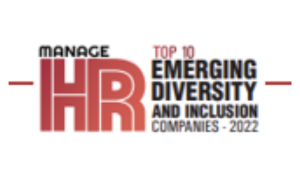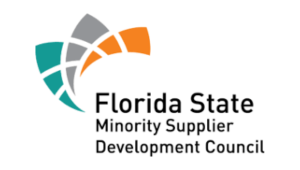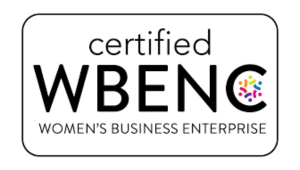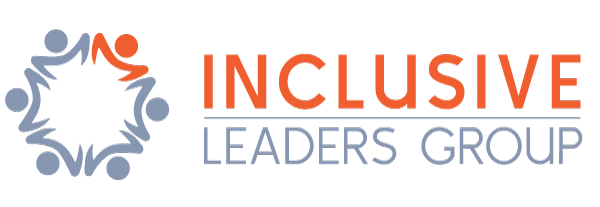Younger Employees and Top Job Candidates Want An Inclusive Culture
In my last blog post, Everything HR Teams Need to Know About DEI I described how the responsibility of Human Resources (HR) has been rapidly expanding and that one of these increased responsibility areas for HR has been to advance Diversity, Equity, and Inclusion (DEI) in the workplaces and implement inclusive HR practices. Blog post hyperlink
DEI and Inclusive leadership impacts the job market in general. Data shows that 76% or three out of four job seekers consider diversity, equity, and inclusion as driving factors in their decision to accept or reject a job offer. Simply put, establishing this kind of environment is what workers expect from organizations. This is especially true for the younger generations as 47% of millennials believe that DE&I efforts are important considerations when looking for a new job, compared to only 37% for Baby Boomers and 33% for Gen X-ers. Indeed, the importance of inclusive leadership cannot be understated any longer considering that 32% of employees wouldn’t even apply to a company if they do not have an inclusive workforce. Inclusion and diversity are now the major forces in improved company culture and successful hiring and retention of quality workers. I describe these talent management priorities in a prior blog post entitled, What Do Younger Employees and Job Candidates Think About Inclusive Leadership.
Generation Z Employees and Candidates Are Unique With High DEI Expectations For Employers
According to Deloitte research, Generation Z as of 2020 became the most populous generation on earth, with more than one-third of the world’s population counting themselves as Gen Zers. In the US, Gen Z constitutes more than a quarter of the population.
For companies looking to strengthen their talent pipeline, a diversity, equity, and inclusion (DEI) strategy is a “must have,” no longer a “nice to have.” Members of Generation Z, the most diverse generation yet, have high expectations for their current and future workplaces, and employers must take note in order to attract and retain their future generation of employees.
In case there’s any remaining doubt amongst employers that Gen Zers, those born after 1996, are placing a major emphasis on workplace diversity, equity, and inclusion, we went straight to the source to verify. Of the 1,400+ Gen Z respondents of our most recent survey, a staggering 99% reported that workplace DEI is important, with 87% responding that it is especially important. Additionally, while 42% of White Gen Z survey respondents believe that the American workplace is diverse, equitable, and inclusive, that number drops to 34% for respondents who identify as Latino or Hispanic, and 31% for those who identify as Black or African American.
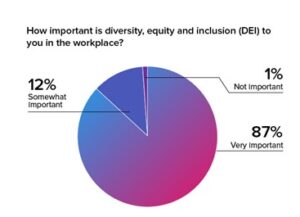
Remember That DEI Encompasses More Than Just Racial and Ethnic Identities
Diversity, equity, and inclusion is a broad category, as diversity can refer to many aspects of an individual’s identity. While it is critical for employers to highlight how they’re advancing diversity, equity, and inclusion specifically in regard to race and ethnicity (62% of Gen Z would be more likely to apply to a place of work with a recruiter who shared their ethnic or racial identity) they’re on the lookout for other aspects of diversity as well.
For example, 80% of Gen Zers would be more likely to apply to a place of work that had readily available materials and resources for employees who identify as neurodivergent (someone with ADHD, Autism, Dyspraxia, and/or Dyslexia, etc.). Additionally, 1 in 5 Gen Zers have decided not to apply to a place of work because they lacked materials and resources for employees who identify as neurodivergent.

What HR Can Do To Build Gen Z-approved DEI Strategic Plans
In my LinkedIn DEI at Work Newsletter issue entitled Attracting Gen Z Talent: Younger Workers Expect Equity & Inclusivity I outlined best practices steps for HR leaders including:
- What Workforce DEI means for Gen Z
- Rethink Diversity, Equity, and Inclusion with a Talent Management Lens
- When Does Gen Z Start and How Are They Different?
- What HR Can Do to Build Gen Z-approved DEI Strategic Plans
Check out the Attracting Gen Z Talent: Younger Workers Expect Equity & Inclusivity LinkedIn DEI at Work issue, read and apply the tips, and subscribe for future DEI at Work issues.
Learn more about Inclusive Leaders Group’s client relationship approach and our DEIB Accelerator For HR and other flagship strategy development offerings.
Book a call to learn more
Additional resources for HR leaders include:
- Download the FREE E-book: The CHRO’s Guide to Advancing Workplace DEIB: A Human Resource Leader’s Guide to Advancing Diversity, Equity, Inclusion & Belonging in the Workplace. DOWNLOAD HERE
- Join the Inclusive Leaders Group community for regular updates and DEI best practices tips. SIGN UP HERE
Inclusive Leaders Group, LLC: A Strategic Consulting Firm Specializing in Diversity, Equity, Inclusion (DEI) as a Business Strategy.
At Inclusive Leaders Group, we help leaders create safe, inclusive spaces that elevate employee engagement and performance to improve the business results and the communities they serve. Our clients rank among the top five markets with 98% action plan completion using our proven process to enhance and sustain results.
Inclusive Leaders Groups’ diverse SMEs will guide you through the development of progressive, evidence-based, business-driven DEI strategies to retain the best talent and increase employee engagement by 30% and overall satisfaction by 10% in one year.
ILG is a Certified Woman-Owned & Minority-Owned Business. Don’t go it alone with your DEI strategy. Go with the experts. VISIT US
As CEO and Principal Consultant of Inclusive Leaders Group, LLC, Charlotte Hughes MS, CDP, SHRBP, CPLP brings a diverse background as an accomplished Workforce and Organizational Development and Diversity & Inclusion global thought leader and practitioner for several major Fortune 100 companies and one of the largest health systems in the U.S. Charlotte delivers more than 60 speeches and facilitates roughly the same number of training workshops each year.





